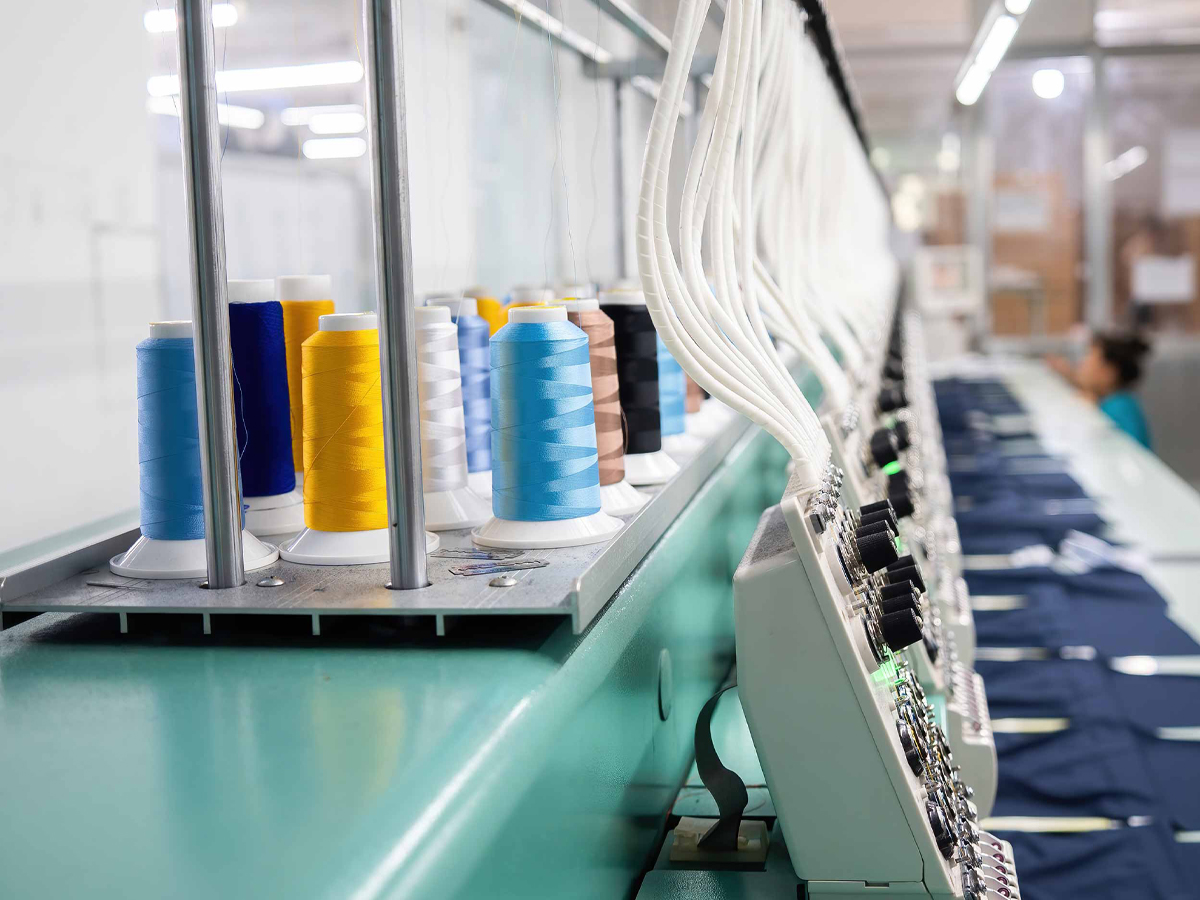
Fast fashion has become a ubiquitous term in the fashion industry, referring to the rapid production of affordable clothing that quickly mimics current trends and styles. This business model has revolutionized the way we consume fashion, but it has also had profound consequences for both the clothing manufacturing industry and the environment. As we step into 2023, it is essential to take a closer look at how fast fashion continues to shape the world of clothing production and its far-reaching environmental implications.
The Rise of Fast Fashion :
Fast fashion emerged in the early 2000s and has since gained unprecedented popularity. The appeal of fast fashion lies in its ability to produce clothing at an astonishing speed, enabling consumers to keep up with the latest trends without breaking the bank. Fashion retailers offer new collections every few weeks instead of the traditional seasons.
The Impact on Cloth Manufacturing :
The fast fashion industry has brought both benefits and challenges to cloth manufacturing. On the positive side, it has created millions of jobs worldwide, especially in countries with low labor costs. This rapid production model also results in frequent orders and high turnover rates for manufacturers, leading to increased revenue. In 2023, manufacturers are at a crossroads. Many are attempting to balance the demand for fast production with ethical and sustainable practices. Some have implemented eco-friendly technologies and adopted ethical labor practices to mitigate the negative impacts on workers and the industry's reputation.
The Environmental Toll :
One of the most significant concerns regarding fast fashion is its detrimental impact on the environment. The quick turnover of fashion trends leads to an overproduction of clothing, much of which ends up as waste. This waste, primarily composed of synthetic and non-biodegradable materials, contributes to landfill pollution and takes hundreds of years to decompose. In addition, the production of fast fashion garments is resource-intensive. The industry relies heavily on water, chemicals, and energy to produce textiles and garments.
Sustainability Initiatives :
As consumer awareness of environmental issues continues to grow, many fast fashion brands are making efforts to be more environmentally responsible. In 2023, we see the rise of sustainability initiatives, including the use of organic and recycled materials, reducing waste through recycling and upcycling, and implementing greener production processes. Some brands are even exploring innovative technologies like 3D printing and sustainable dyeing techniques. The 'slow fashion' movement, which promotes buying fewer, higher-quality items and making them last, is also gaining traction. Many consumers are now seeking out brands that align with their values and have transparent supply chains, placing pressure on the industry to adapt and change its practices.
The Future of Fast Fashion and the Environment :
In 2023, the fast fashion industry is at a crossroads. It continues to thrive due to its affordability and accessibility, but it is also facing intense scrutiny for its environmental and ethical impacts. The future of fast fashion depends on its ability to strike a balance between profitability and responsibility. To minimize its environmental footprint, the industry needs to adopt more sustainable practices. This includes reducing waste, embracing renewable energy sources, improving supply chain transparency, and producing garments that are built to last. As consumers become more educated about the consequences of their choices, they will also play a pivotal role in shaping the industry.
Fast fashion has undoubtedly revolutionized the clothing manufacturing industry, making fashion more accessible and affordable than ever before. However, its rapid production model has taken a significant toll on the environment and the well-being of workers. In 2023, the industry is at a turning point, with increased pressure to adopt more sustainable and ethical practices. As consumers, we too have a role to play in this transformation. By making conscious choices, supporting brands that prioritize sustainability, and being mindful of our consumption, we can contribute to a more responsible and environmentally friendly fashion industry. Creative Vision Textiles is one of the top clothing manufacturers Ajman. The impact of fast fashion on cloth manufacturing and the environment in 2023 is a complex issue, but there is hope for a more sustainable future if we collectively take action and hold the industry accountable.
